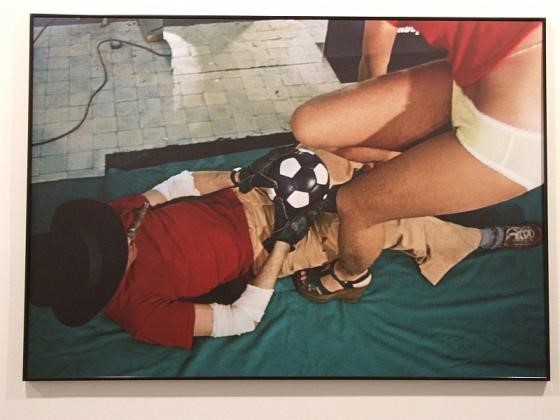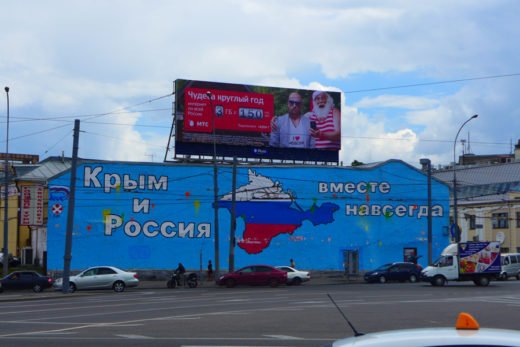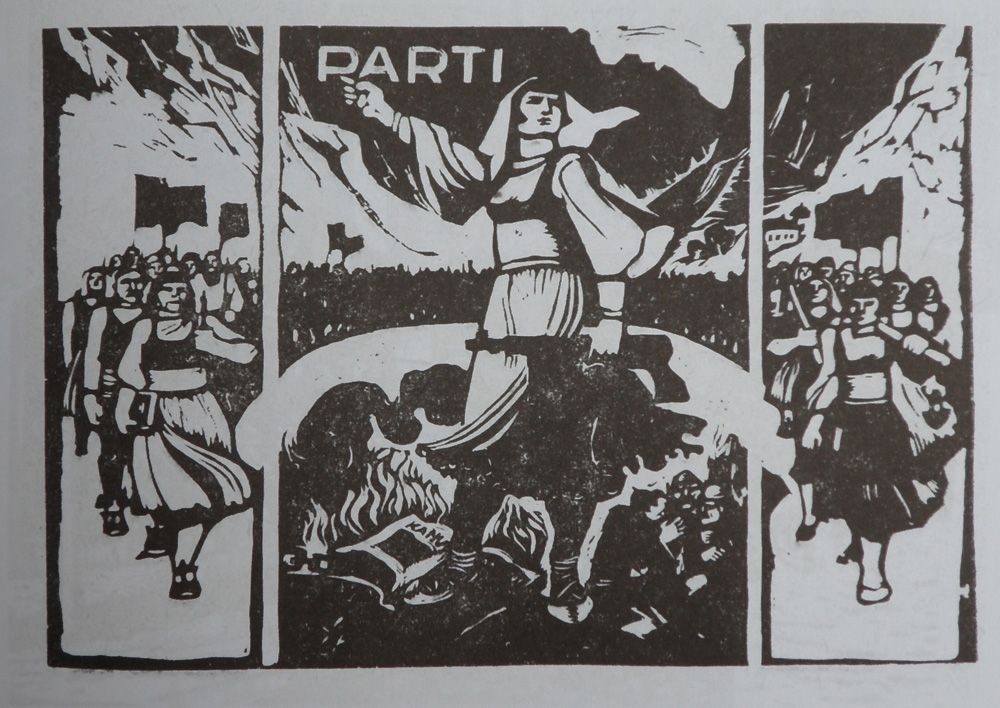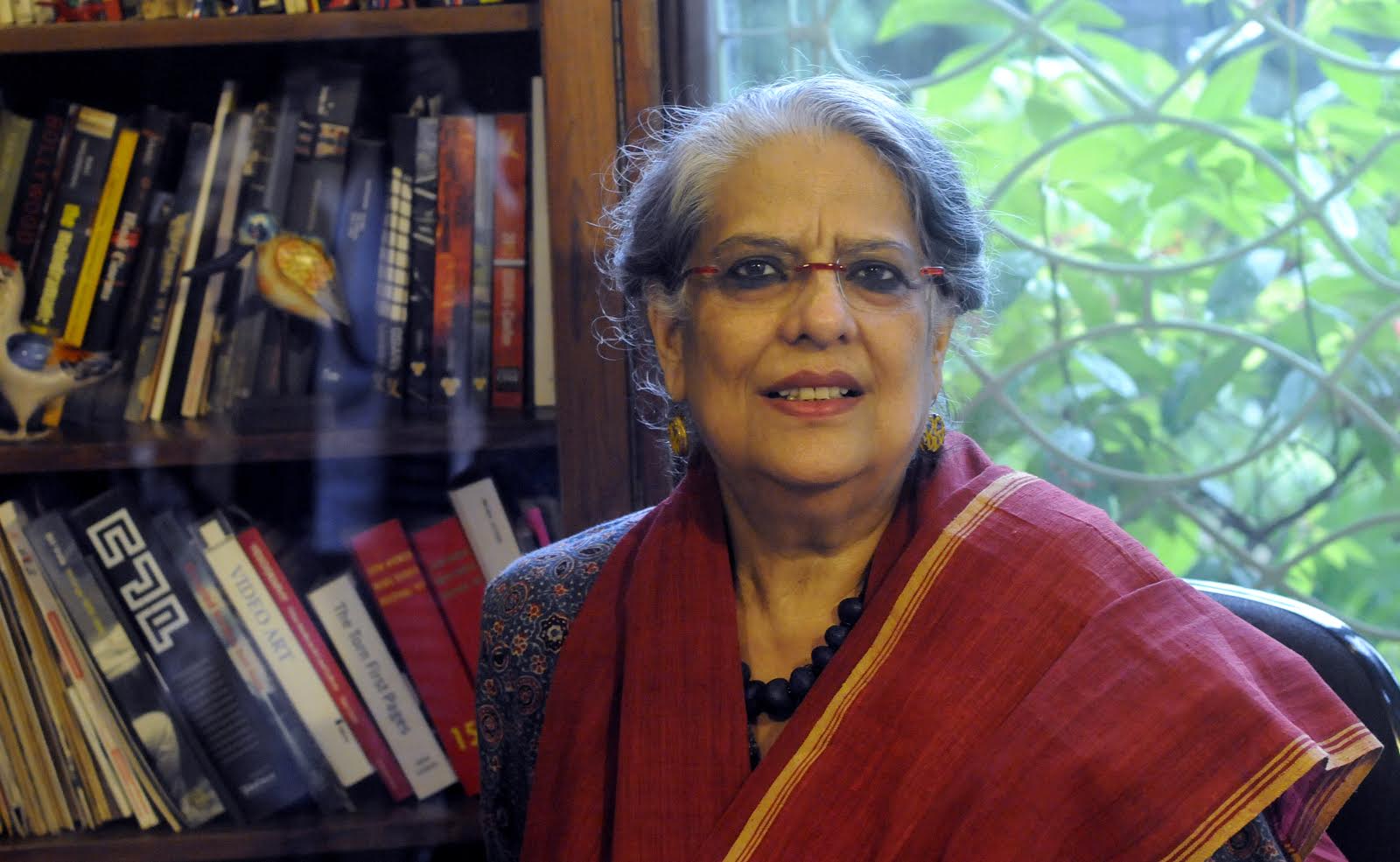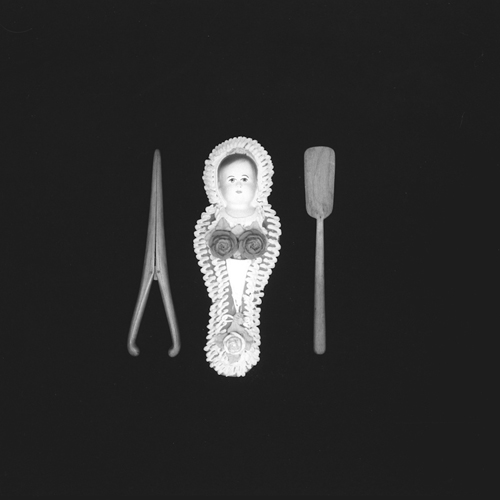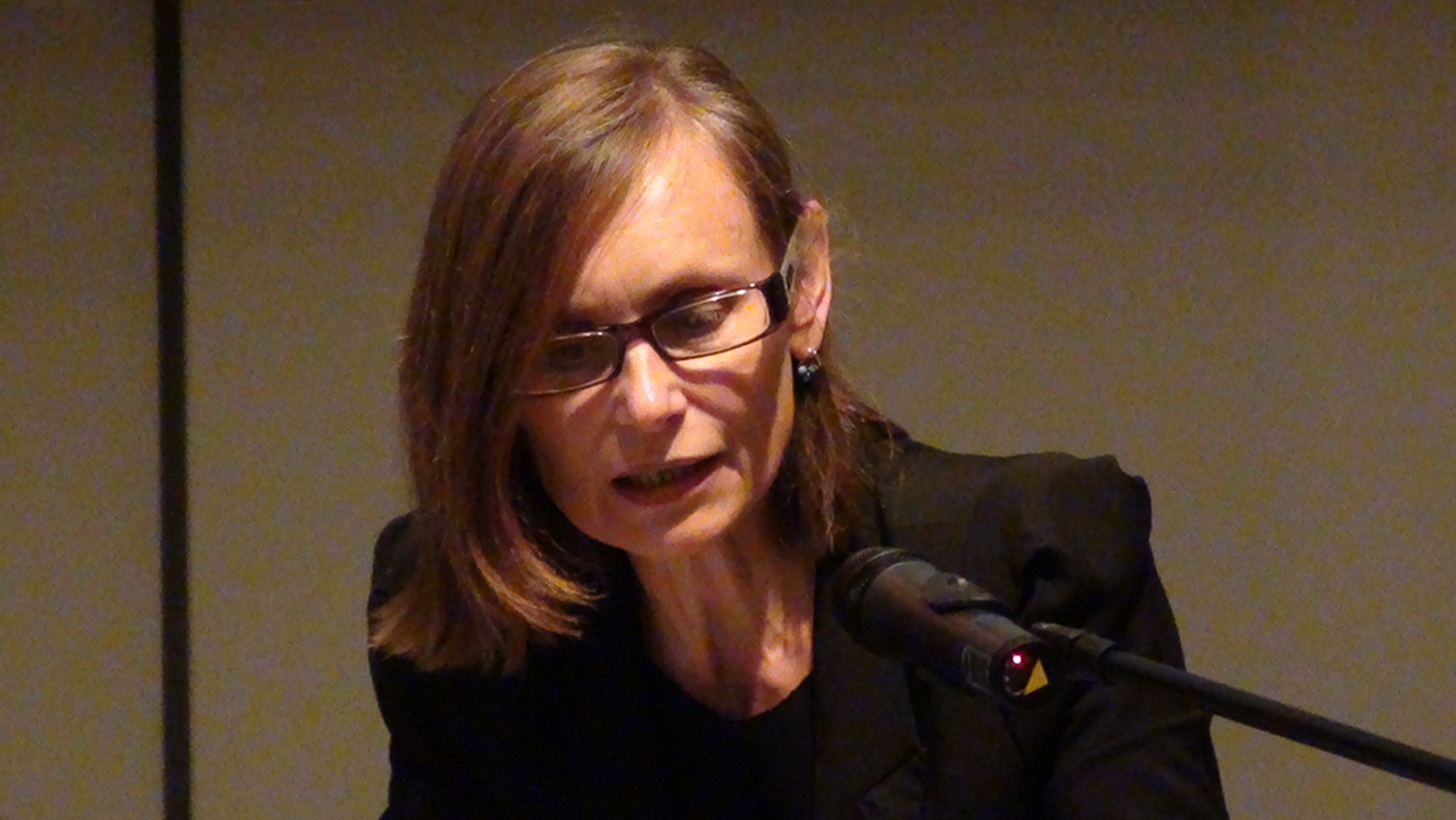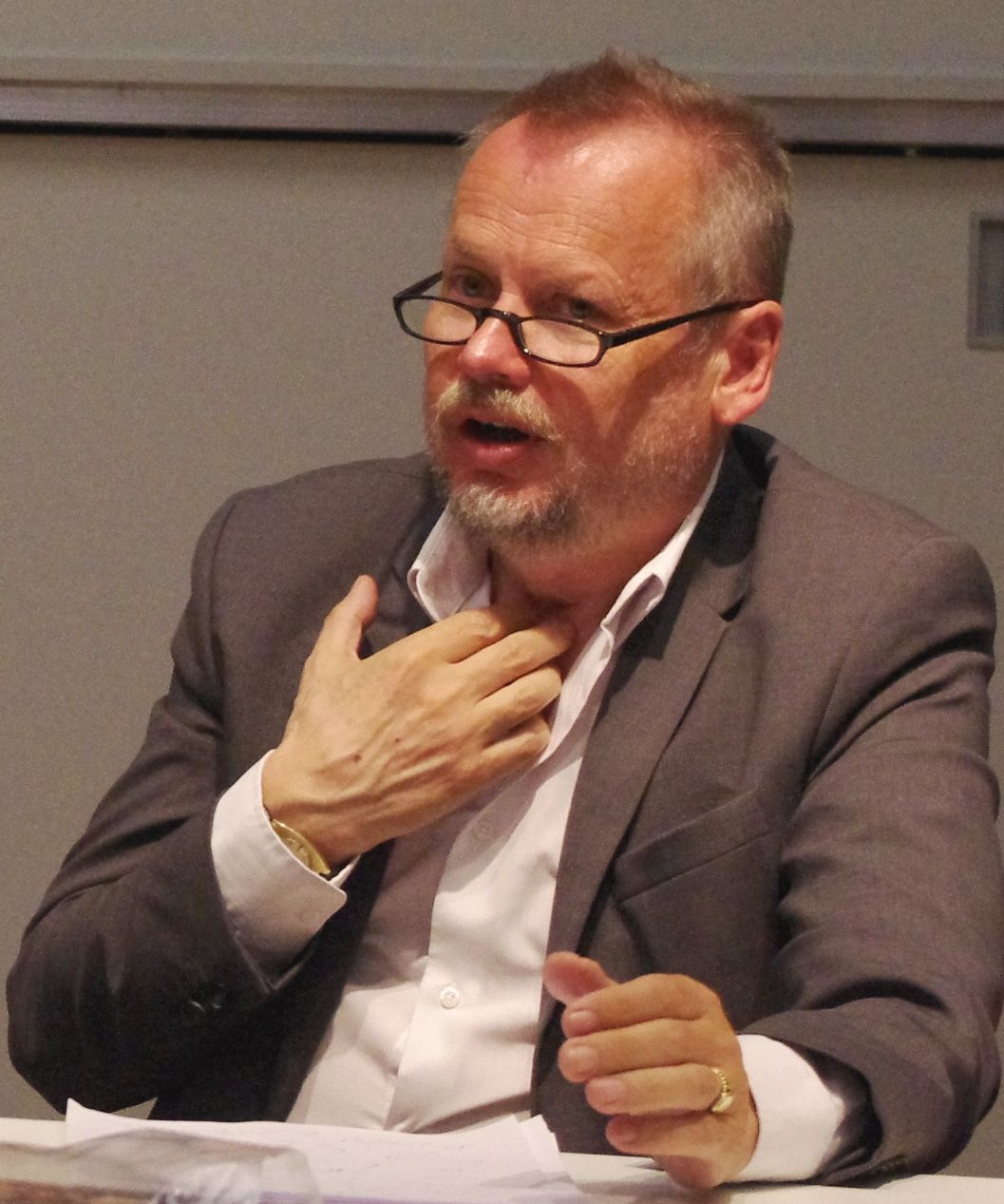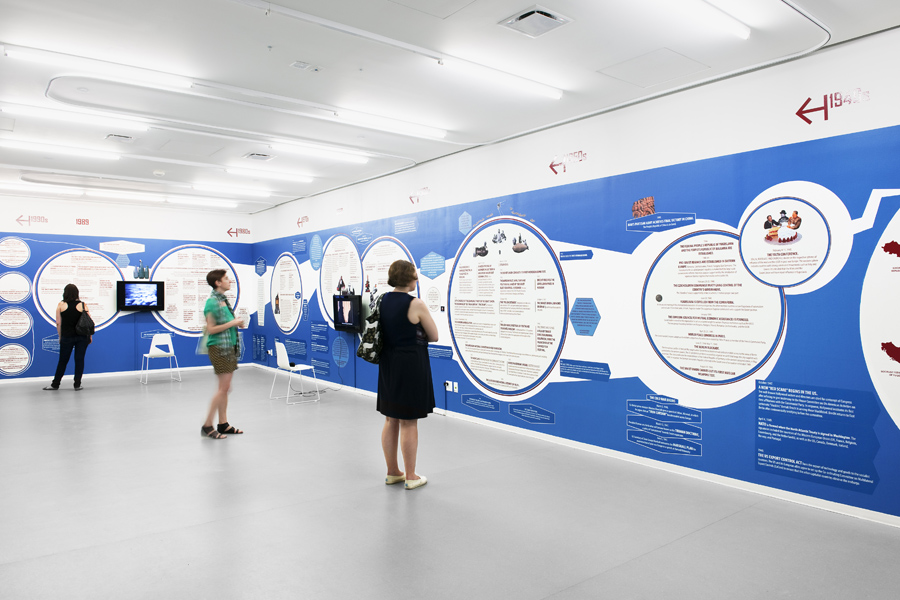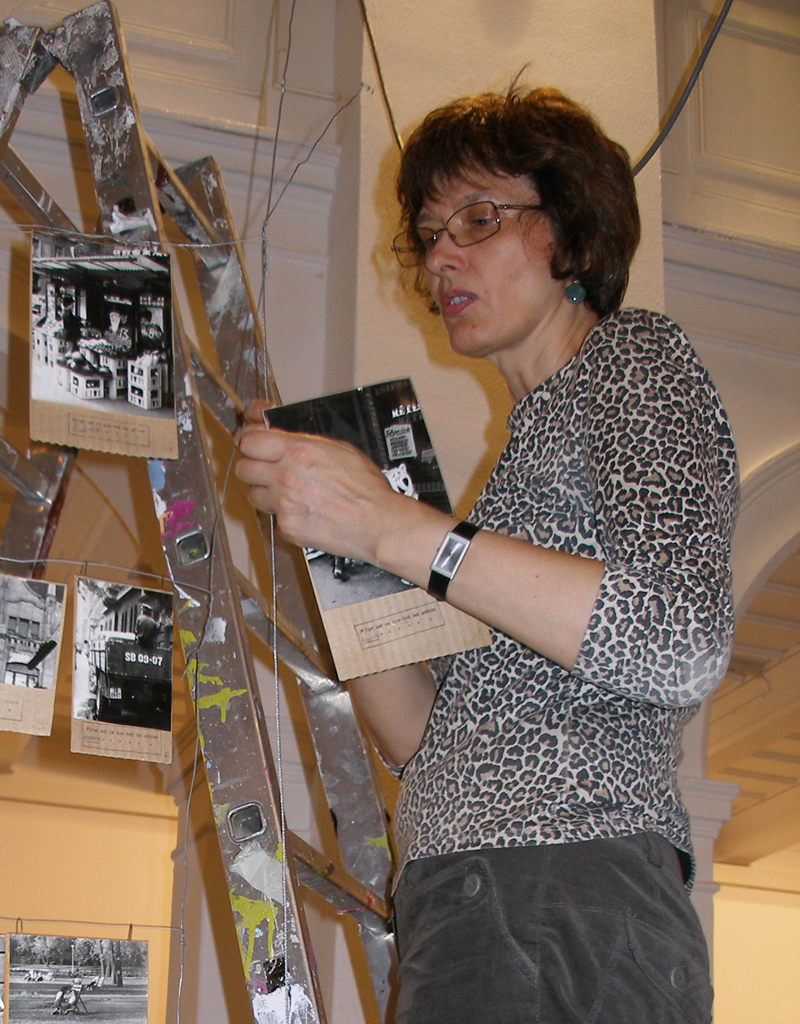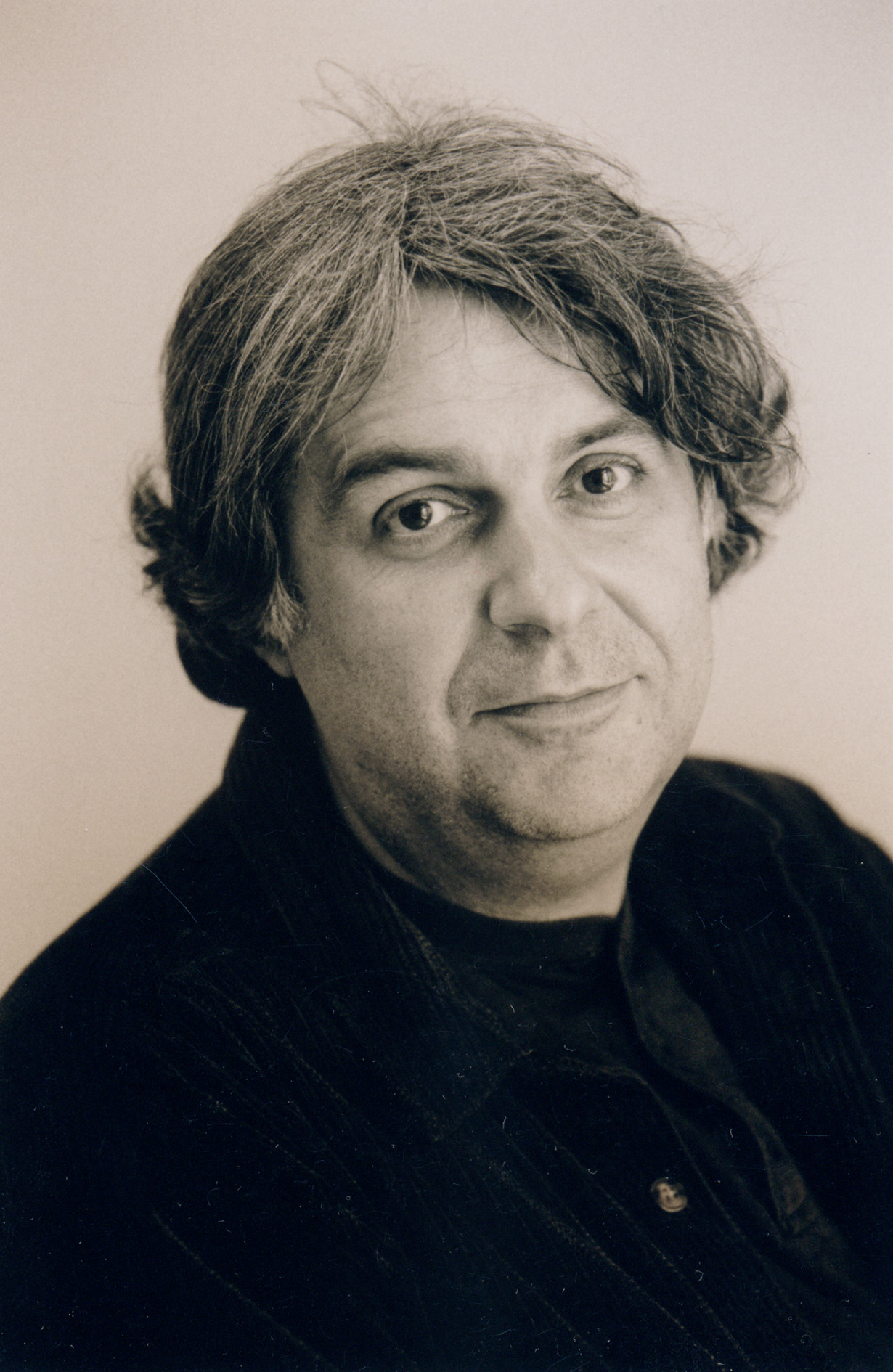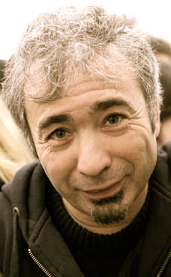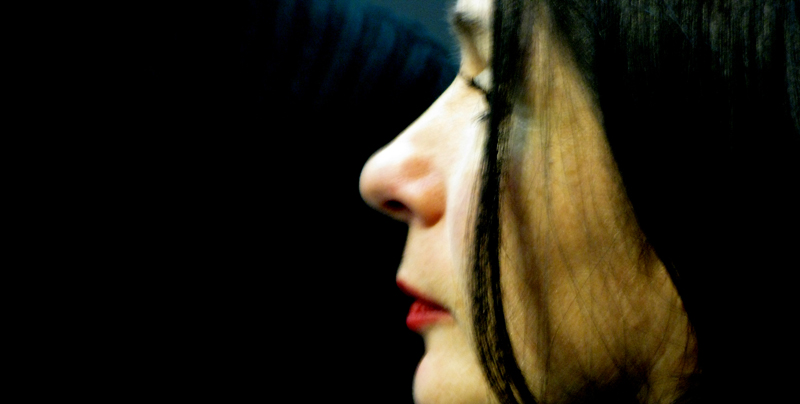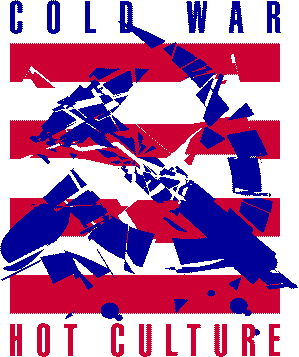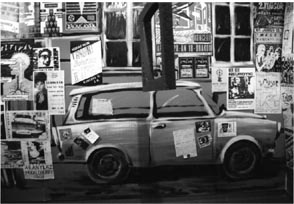20/20
“20/20” is a list of some of the most accessed articles, reviews, and interviews ARTMargins Online has published over these 20 years. Apart from giving readers and researchers a sense of what was most in demand, we also aimed at a cross section of the many writers, curators, and artists from a variety of countries and regions we have been fortunate to publish over the years. Among the brightest and most influential of these—Svetlana Boym and Piotr Piotrowski—are sadly no longer with us, and we repost their texts as a tribute to their legacy and lasting impact. These 20 texts … Read more

